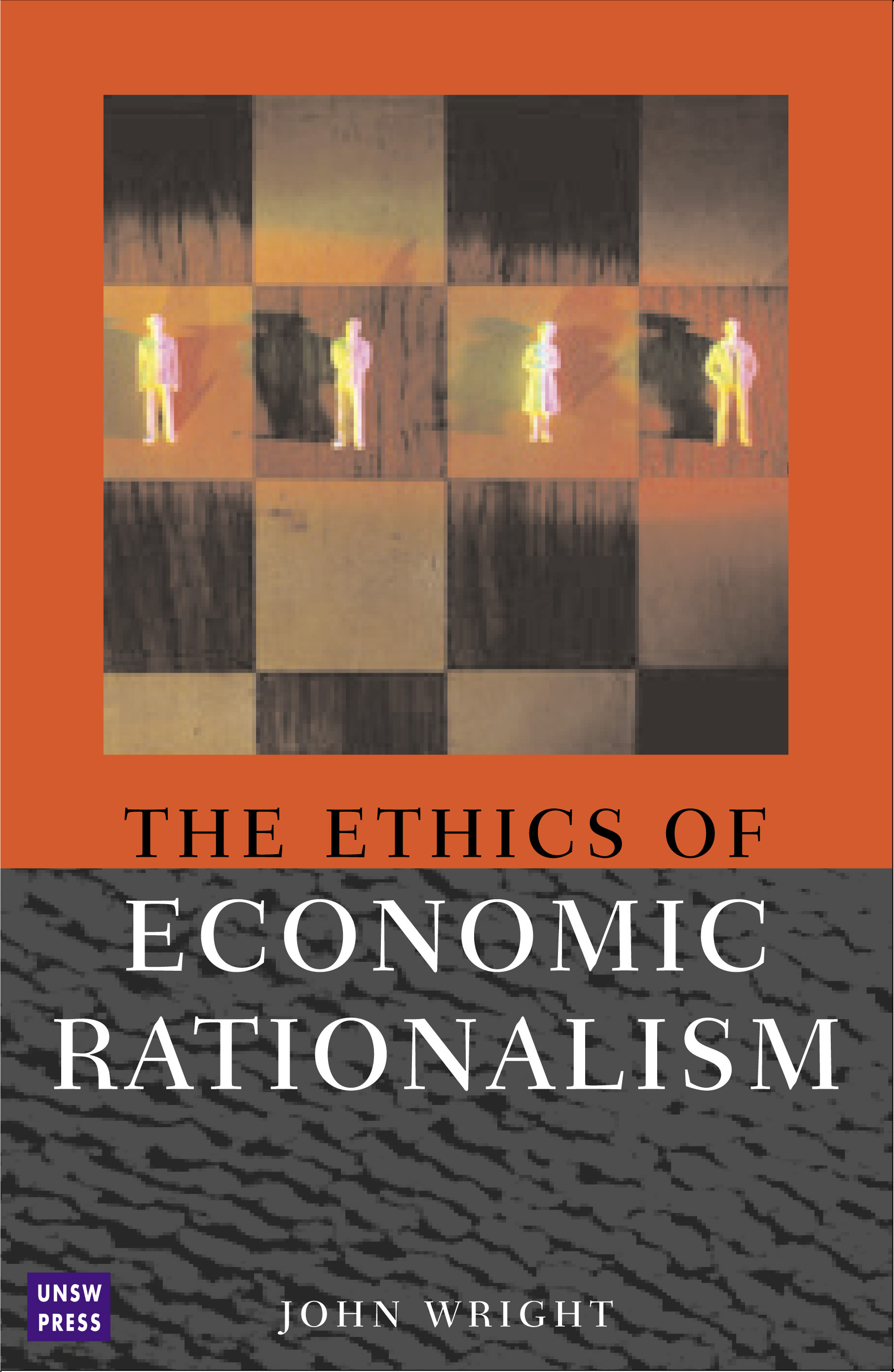|
June 2, 2007
The ABC's Philosophers Zone has a piece entitled The Ethics of Economic Rationalism. Interesting. I would have thought that the emphasis on instrumental reason and economic efficiency would have excluded ethics unless efficiency is regarded as ethics because it is a value. Is this the ethical base for this neo-liberal mode of governance in which governments should reduce their own activities and leave as much as possible up to the free market.
The interview is with John Wright at the University of Newcastle who has published a book entitled The Ethics of Economic Rationalism

Wright identifies ‘economic rationalist’ policies as deregulation, privatisation, outsourcing, elimination (or minimisation) of public goods, corporatisation, and the abolition of minimum wages and compulsory trade unionism, and these are deployed to maximises total wealth.
What then is the ethics underpinning this mode of governance? Wright says that ethical justification goes something like a utilitarian one:
If something is the rational thing to do, then there seems to be a very straightforward sense in which it's the thing that you ought to do. So in that sense it could be seen as being something like an ethical justification .... Now one kind of ethical justification that perhaps most immediately springs to mind is something along the following lines: that if you've got an ideal market, then welfare will be maximised, and if welfare is maximised, or wealth is maximised, then people will be happier, the greatest happiness for the greatest number will occur when welfare is maximised, and if you've got the greatest happiness for the greatest number, then at least on a utilitarian perspective, which actually sees the best, the morally best perspective, or some versions of utilitarianism see the morally best perspective as the one in which there is the greatest happiness for the greatest number.
|
